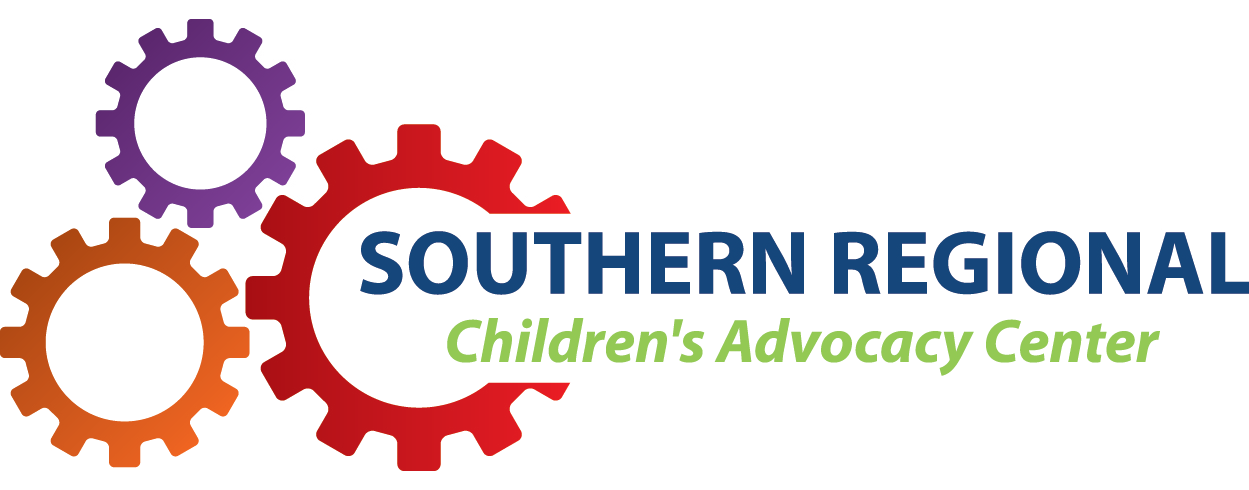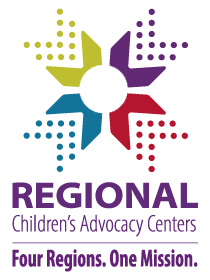
Regional Children's Advocacy Center (RCAC)
The four Regional Children’s Advocacy Centers (RCACs) were established in the Victims of Child Abuse Act legislation in 1992 to provide training and technical assistance to child abuse professionals located within each U.S. Census region. Each RCAC provides trainings, technical assistance, and information services for developing and established multidisciplinary teams, local Children’s Advocacy Centers, and State Chapter organizations of Children’s Advocacy Centers within their region.
Southern Regional Children's Advocacy Center is one of four regional centers that provide training and technical assistance to CACs across the United States. To contact the regional center that serves your state, click on a link below.
Midwest Regional Children's Advocacy Center
IL, IN, IA, KS, MI, MN, MO, NE, ND, OH, SD, WI
888.422.2955
www.mrcac.org
Northeast Regional Children's Advocacy Center
CT, ME, MA, NH, NJ, NY, PA, RI, VT
800.662.4124
www.nrcac.org
Western Regional Children's Advocacy Center
AK, AZ, CA, CO, HI, ID, MT, NV, NM, OR, UT, WA, WY
866.592.4272
www.westernregionalcac.org
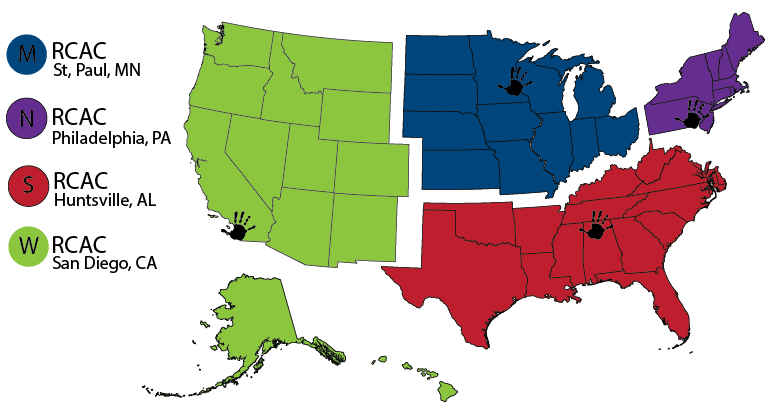
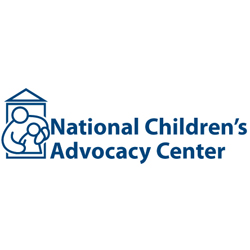
National Children's Advocacy Center (NCAC)
The NCAC, located in Huntsville, Alabama, revolutionized the United States’ response to child sexual abuse. Since its creation in 1985, the NCAC has served as a model for the 1000+ Children’s Advocacy Centers (CACs) now operating in the United States and in more than 27 countries throughout the world.
256.533.KIDS (5437)
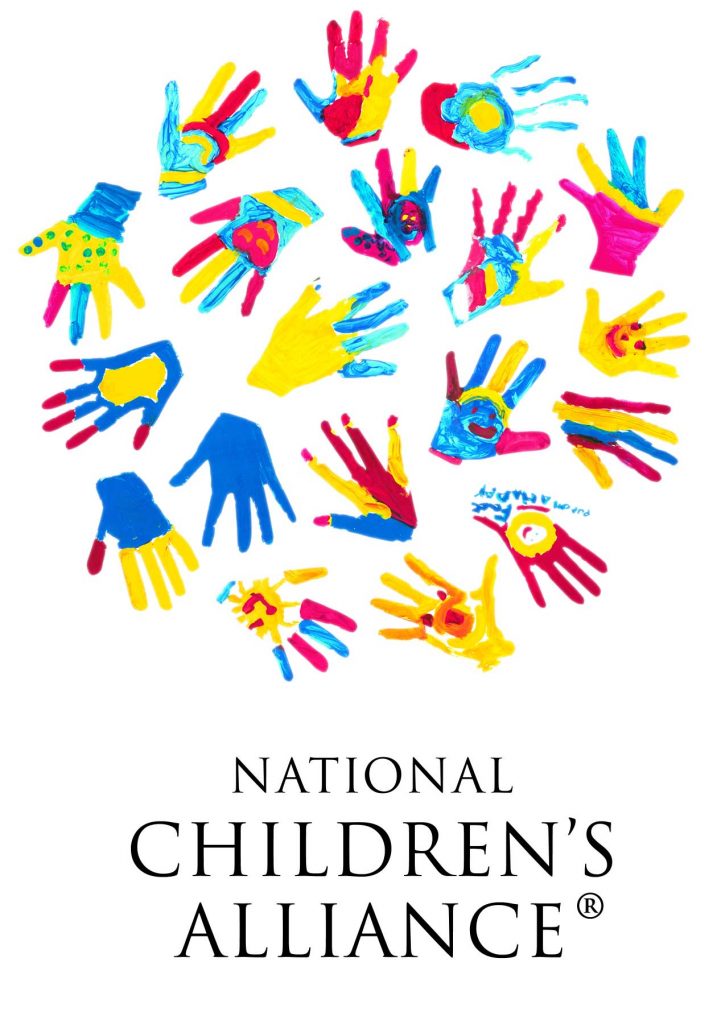
National Children's Alliance (NCA)
The National Children’s Alliance (NCA), the national accrediting organization for CACs, provides support, advocacy, quality assurance, and national leadership for CACs. NCA offers a variety of membership levels for CACs and Chapters.
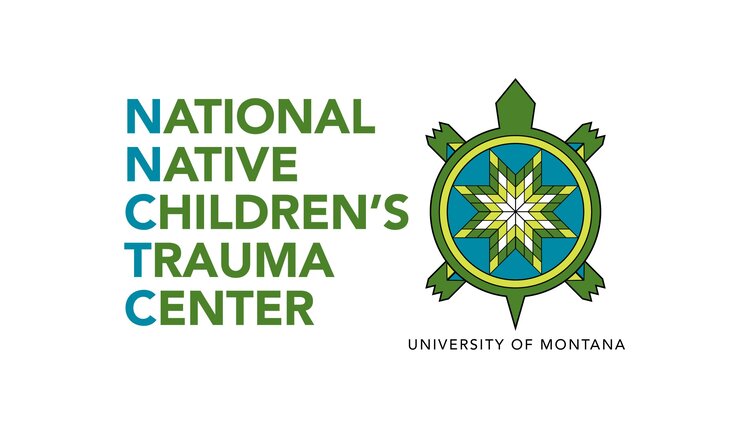
National Native Children's Trauma Center (NNCTC)
The National Native Children's Trauma Center (NNCTC), a project of the University of Montana, provides training and technical assistance in trauma-informed systems change across all tribal child-serving systems. They also assist in the cultural adaptation of evidence-based and promising practices and develop products and practices intended for use in Native communities.
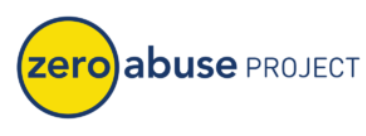
Zero Abuse Project (ZAP)
Through the Trauma Informed Prosecutor Project (TIPP), Zero Abuse Project works to improve the effectiveness of the investigation and prosecution of child abuse by delivering training and technical assistance to prosecutors and other child abuse multidisciplinary team members across the nation.
